
A review of
Back to the Futures
Crashing Dirt Bikes, Chasing Cows, and Unraveling the Mystery of Commodity Futures Markets
The review below was first published in the getAbstract Journal on 30.05.2024.
We’ve reviewed this title for you as we currently cannot offer a summary.
We’ve reviewed this title for you as we currently cannot offer a summary.
How Futures Function
by David Meyer
Scott Irwin, the chair of agricultural marketing at the University of Illinois, disarmingly details the history, functions, and dysfunctions of agricultural futures markets.









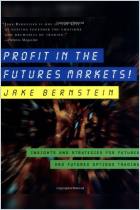
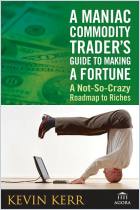
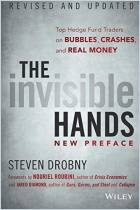
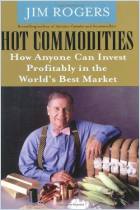
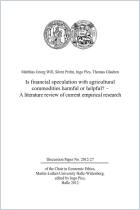
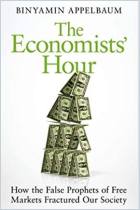








Comment on this review or Diskussion beginnen